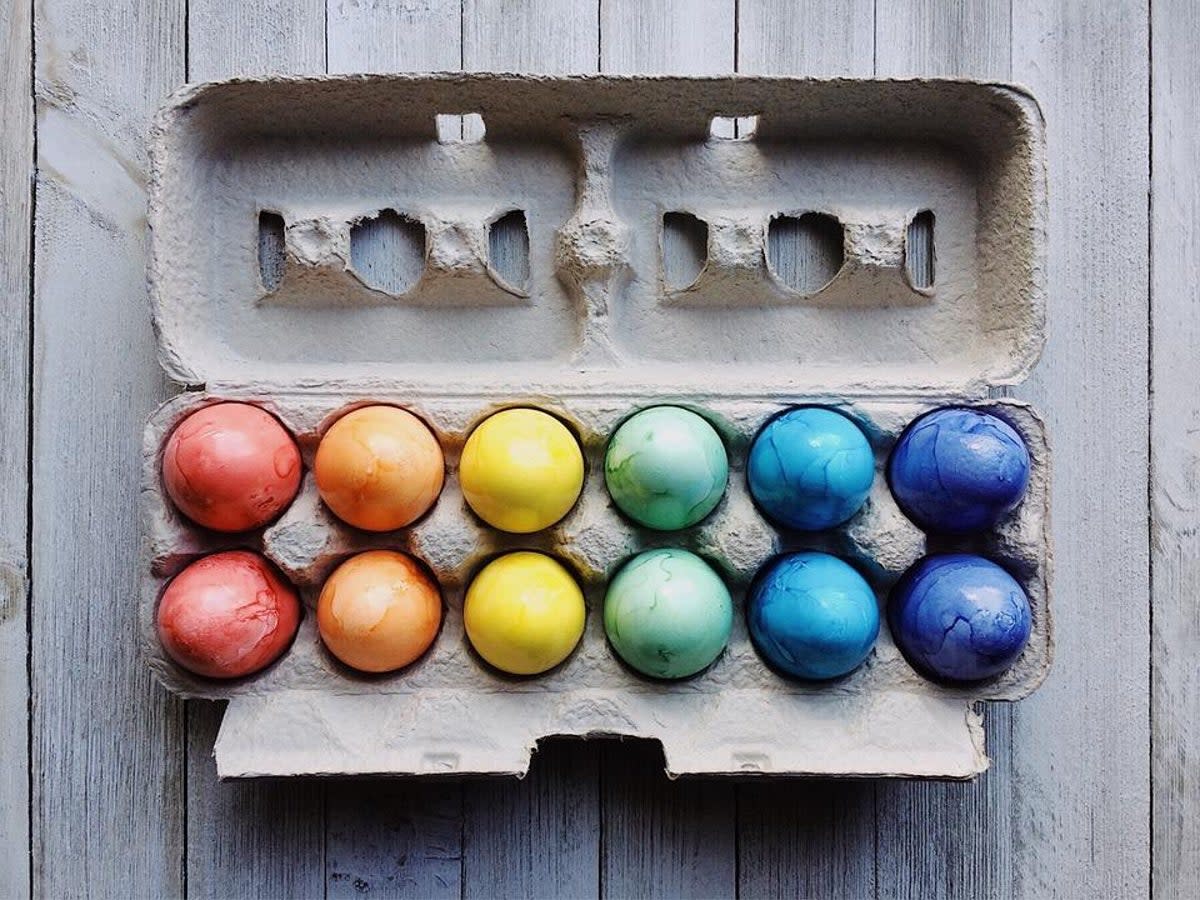When is Easter Sunday and the Easter Bank Holidays and why do we eat chocolate eggs?

When is Easter again?
It's an age-old question. Unlike Christmas and New Year, Valentine's Day and Halloween, there is no fixed date for the spring celebration.
Do you know how it's worked out each year? Of course! Easter falls on the first Sunday after the first full moon following (or on) the spring equinox. Obviously.
Do you know why that is though? No? Read on...
Why does Easter change every year?
According to the New Testament, the crucifixion and subsequent resurrection of Christ happened around the time of the Jewish feast of Passover. Back then, as stipulated by the Bible, Passover was celebrated on the first full moon following the spring equinox (the day when both day and night are of approximate equal duration, which happens twice a year, in spring and autumn). Hence, Easter would also occur after the first full moon following the equinox, and since the day of the full moon was subject to change, Easter became a moveable feast.
However, whilst some Christians came to celebrate it on the day of Passover itself, others opted to celebrate Easter afterwards, on the Sunday following.
In 325 AD, the First Council of Nicea (a gathering of Christian bishops) met to agree on a unified date for Easter. Although no specific details on how the date would be mathematically calculated were stipulated, thereafter Easter took place on the Sunday following the first full moon after the spring equinox.
So Easter was settled then. Actually, not quite...
Whilst some Christian denominations (including Protestants and Roman Catholics) go by the Gregorian calendar, established by Pope Gregory XIII in the 16th century, other Orthodox churches still use the Julian calendar (established by Julius Caesar) to calculate Easter. The difference between the two calendars is between how they calculate the length of a tropical year (how long it takes for the earth to move around the sun). Currently the Julian calendar is roughly 13 days behind the Gregorian calendar. Which means that not all Christians celebrate Easter on the same day.
Confused? Have some chocolate.
Why do we eat chocolate eggs at Easter?
Eggs have long been a symbol of the resurrection for Christians, with the empty shell representing the empty tomb of Christ.
Whilst it is not known when the first chocolate egg came into existence, we do know they were being produced in Germany and France at the beginning of the 19th century.
The first chocolate Easter Egg created in Britain is believed to have been made by JS Fry & Sons in Bristol in 1873.
When are the Easter Holidays 2022?
This year, Good Friday falls on 15 April, with Easter Sunday on 17 April and Bank Holiday Monday on 18 April.

